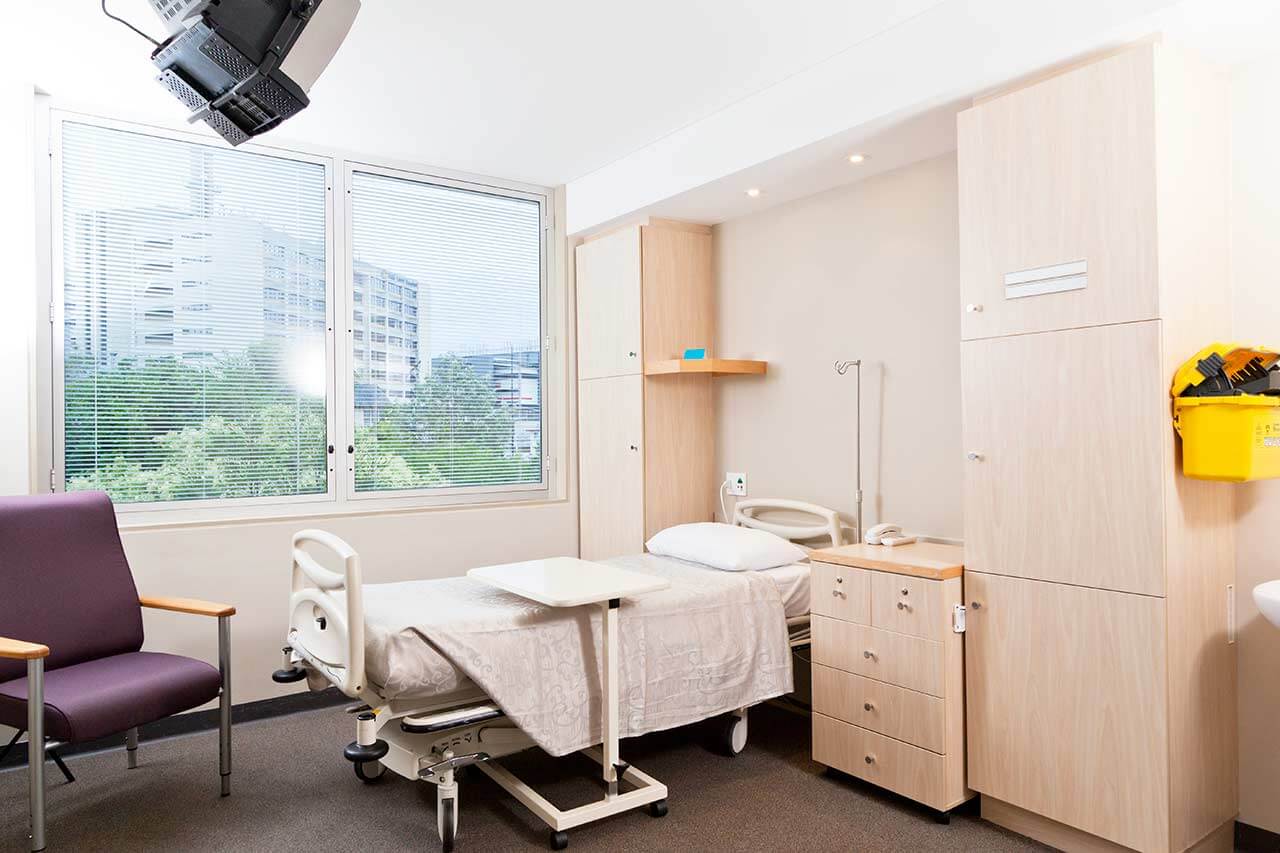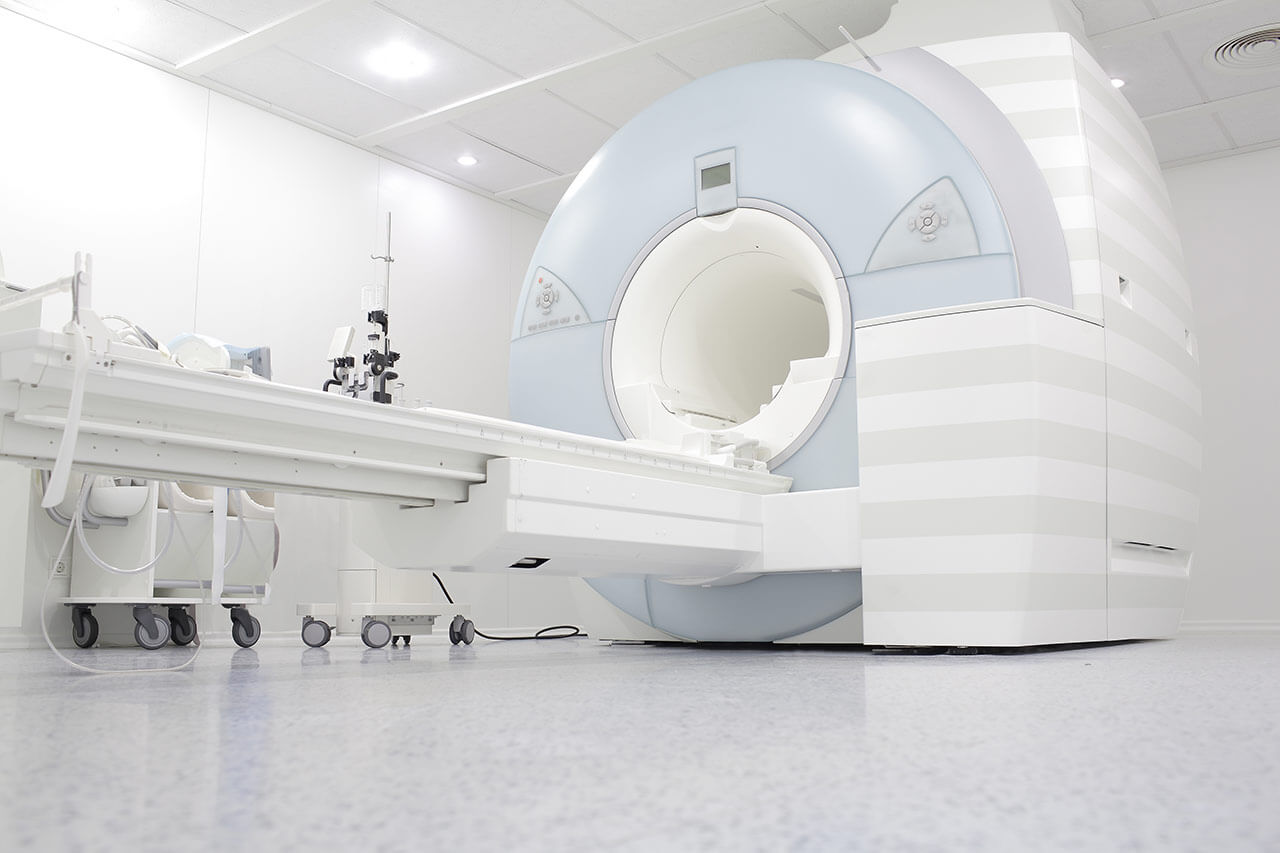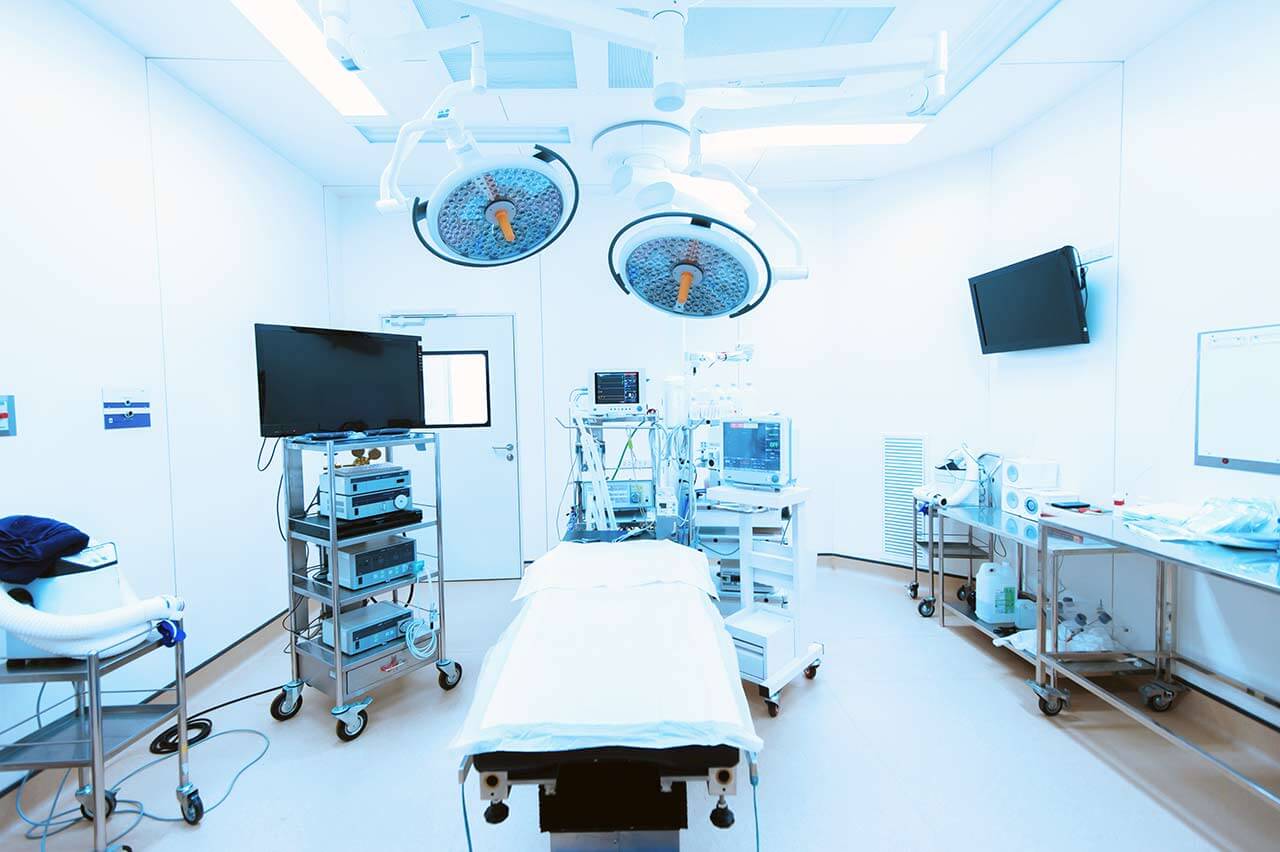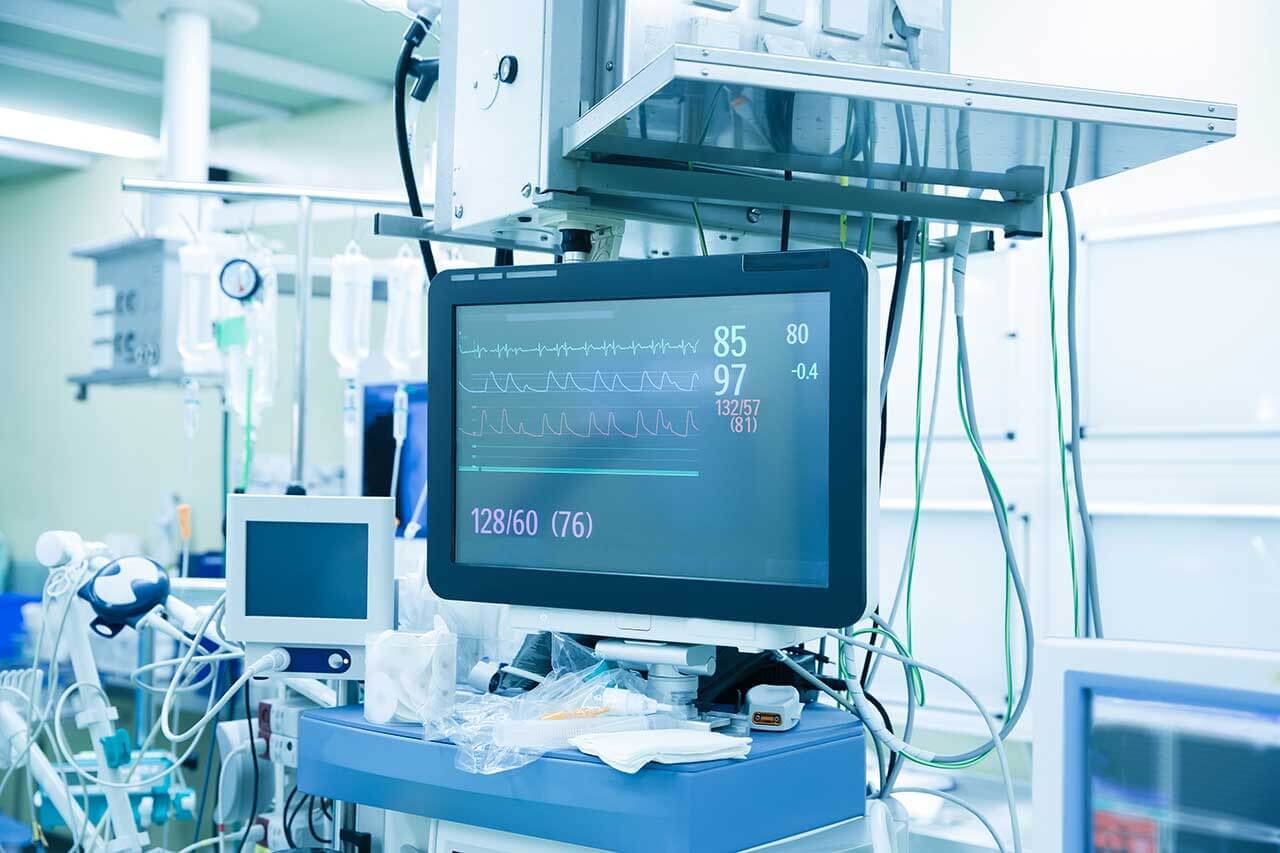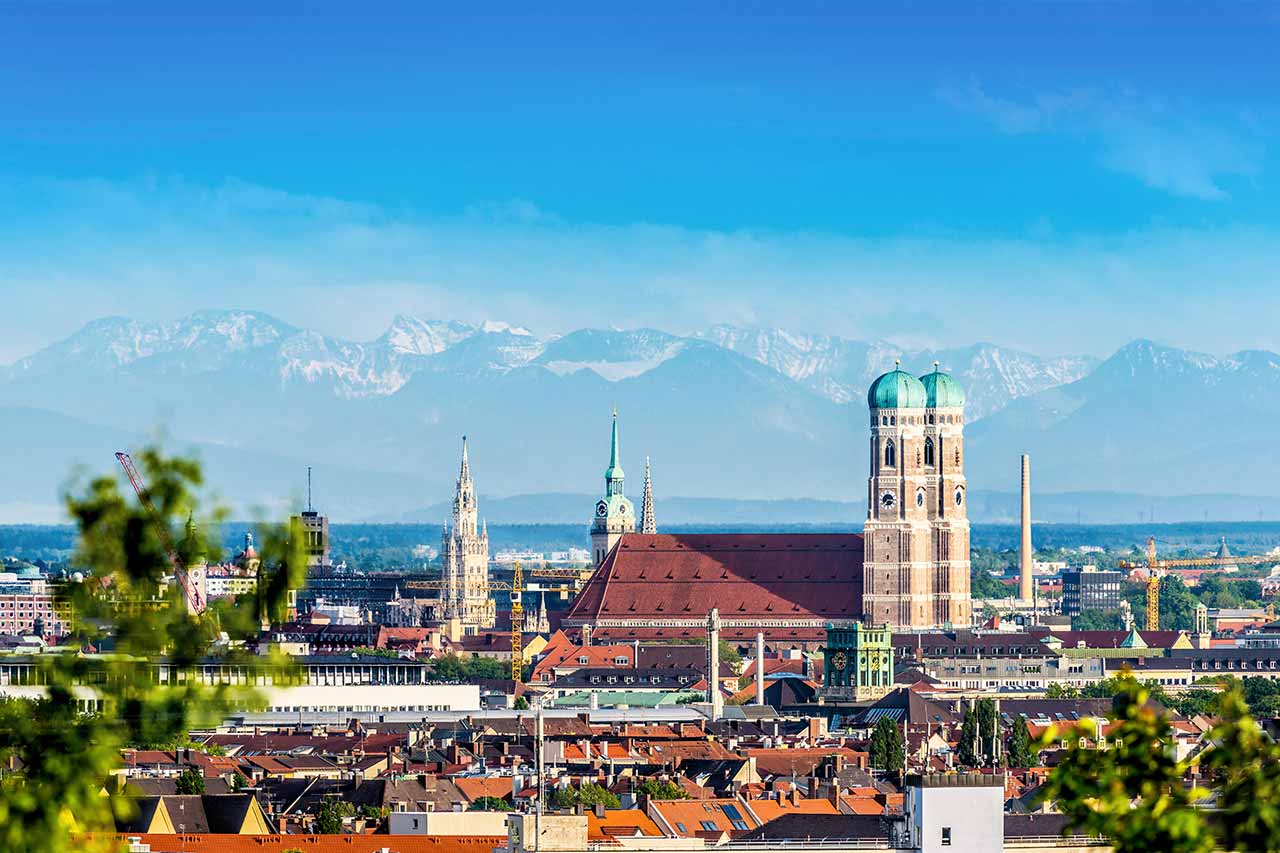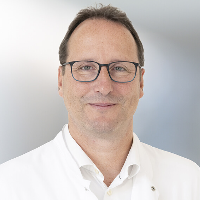
The program includes:
- Initial presentation in the clinic
- clinical history taking
- physical examination
- review of medical records
- laboratory tests:
- complete blood count
- general urine analysis
- biochemical analysis of blood
- indicators of inflammation
- indicators of blood coagulation
- X-ray/MRI examination of the knee
- preoperative care
- total knee replacement, cost of the implant is included
- symptomatic treatment
- control examinations
- the cost of essential medicines and materials
- orthopedic appliances
- physiotherapy
- nursing services
- full hospital accommodation
- explanation of future recommendations
How program is carried out
Preliminary preparation for surgery: quitting smoking and drinking alcohol 2 weeks before surgery; cancelling non-steroidal anti-inflammatory drugs (diclofenac, ibuprofen); cancelling anticoagulants (warfarin); normalization of body mass, if possible.
Preoperative examination, including consultation with an anesthesiologist and necessary related specialists. X-ray examination and MRI of the knee joints are performed. The examination takes 1-2 days.
Surgical knee replacement. The operation is performed under general anesthesia and lasts for about 2 hours.
Postoperative care. During the first day after the intervention the patient stays in the intensive care unit, under round-the-clock medical supervision. After that, with a smooth course of the postoperative period, the patient is transferred to a regular ward and the drains are removed. The range of motion expands gradually, from light toes movements to walking. Walking with the use of walking aids is allowed in 3-5 days after the operation. Normal walking without the use of walking aids (crutches, cane) will become possible in 6-12 weeks.
Finally, the attending physician will evaluate the results of control examinations, schedule the date of discharge from the hospital and give you detailed recommendations for further follow-up and treatment.
Required documents
- Medical records
- X-ray examination, MRI/CT scan (if available)
Service
You may also book:
 BookingHealth Price from:
BookingHealth Price from:
About the department
Curriculum vitae
University Education and Postgraduate Training
- 1991 - 1997 Study of Medicine, Ludwig Maximilian University of Munich, partial approbation (admission to medical practice).
- 1996 - 1997 One-year internship in Orthopedics (optional specialty), Grosshadern Hospital, Ludwig Maximilian University of Munich.
- 1999 Full approbation (admission to medical practice).
- 2000 Thesis, Institute of Anatomy, Ludwig Maximilian University of Munich.
- 1999 - 2004 Study of Business Administration, University of Hagen, Graduate in Business Administration; specialization: "Service management", "Economics of production"; thesis: "Economic approaches to the assessment of human life".
Clinical Career
- 1998 - 1999 Internship, Department of Surgery, Innenstadt Hospital, Ludwig Maximilian University of Munich.
- 1999 - 1999 Assistant Physician, Department of Surgery, University Hospital Rechts der Isar Munich.
- 2000 - 2002 Assistant Physician, Department of Orthopedics, Friedrichshain Hospital, Scholarship of the German Research Foundation (DFG).
- 2002 - 2005 Physician, Department of Orthopedics at the Friedrichshain Hospital.
- 2005 Board certification in Orthopedics.
- 2005 - 2006 Physician, Department of Orthopedics at the Friedrichshain Hospital.
- 2006 - 2007 Senior Physician, Department of Endoprosthetics and Reconstructive Orthopedics, Pediatric Orthopedics, Asklepios Orthopedic Hospital.
- 2007 - 2009 Managing Senior Physician and Deputy Head Physician of the Asklepios Orthopedic Hospital.
- 2009 - 2011 Managing Senior Physician and Deputy Head of the Department of Orthopedics and Traumatology at the University Hospital Rechts der Isar Munich.
- 2011 - 2012 Acting Head of the Department of Adult and Pediatric Orthopedics, Foot Surgery at the University Hospital Rechts der Isar Munich.
- Since 2012 Head of the Department of Adult and Pediatric Orthopedics, Foot Surgery at the University Hospital Rechts der Isar Munich.
Additional Qualifications
- 1999 Additional specialization "Emergency Medicine".
- 2002 Additional specialization "Manual Therapy".
- 2002 Practical skills and theoretical training "Radiation Safety".
- 2006 Additional qualification "Sports Medicine".
- 2008 Additional qualification "Special Orthopedic Surgery".
- 2008 Additional specialization "Physiotherapy and Balneology".
- 2008 Board certification in the field of "Orthopedics and Traumatology".
Research Focuses
- 1993 - 2000 Research Fellow at the Institute of Anatomy, Ludwig Maximilian University of Munich.
- 2000 Doctorate, Institute of Anatomy, Ludwig Maximilian University of Munich. Subject: "Quantification and direct comparison of incongruence, surface pressure and subchondral mineralization in the human hip joint".
- 2002 - 2004 Deputy Head of the Working Group "Biomechanics and Kinematics".
- 2006 Habilitation and Assistant Professorship in the Department of Orthopedics at the Friedrichshain Hospital. Subject: "In vivo quantitative assessment of joint instability to improve diagnosis and control of treatment results".
- 2005 - 2009 Head of the Working Group "Biomechanics and Kinematics", Department of Orthopedics at the Friedrichshain Hospital.
- 2009 Head of the Interclinical Working Group "Research on Arthrosis", Asklepios Orthopedic Hospital, University Hospital Rechts der Isar Munich.
- 2010 Foundation and development of the Orthopedic Working Group "Osteo-Oncology", University Hospital Rechts der Isar Munich.
- Since 2012 Head of the Department of Orthopedics, Faculty of Medicine, Technical University of Munich.
Prizes, Awards and Honors
- 2002, 2003, 2004 Best Research Award, German, Austrian and Swiss Society for Orthopedic and Traumatologic Sports Medicine (GOTS).
- 2003, 2005 Best Research Award, German Society for Orthopedics and Orthopedic Surgery (DGOOC).
- 2003, 2010 Perthes Award, German Association for Shoulder and Elbow Surgery (DVSE).
Memberships in Professional Societies
- Working Group on Endoprosthetics (AE).
- Working Group on Arthroscopy (AGA).
- Working Group on Bone Tumors.
- German Society of Biomechanics.
- German Society for Orthopedics and Orthopedic Surgery (DGOOC).
- German Society for Orthopedics and Trauma Surgery (DGOU).
- German Association for Shoulder and Elbow Surgery (DVSE).
- German, Austrian and Swiss Society for Orthopedic and Traumatologic Sports Medicine (GOTS).
Photo of the doctor: (c) Klinikum rechts der Isar der Technischen Universität München
About hospital
The University Hospital Rechts der Isar Munich was founded in 1834. It combines long traditions with the very latest advances in modern medicine. The medical facility includes 33 specialized departments and 20 interdisciplinary centers, where patients can receive top-class medical care in all medical fields.
The hospital annually admits more than 65,000 inpatients for diagnostics and treatment, and about 250,000 outpatients receive effective medical care. The hospital also performs more than 40,000 surgical procedures every year, and about 2,100 babies are born here annually. One of the most significant achievements of the medical facility can be called the first transplantation of both arms above the elbow performed in 2008. The surgery that lasted 15 hours, and in which 40 doctors of various medical specialties took part, became a real sensation in the scientific world. Thanks to a unique surgical procedure, the doctors managed to give the patient new hands.
In addition, the employees of the hospital are actively involved in research activities, in which they study various diseases, as well as develop new therapeutic options for their treatment. It should be noted that the research institutes of the hospital are among the most reputable research organizations in the world. A striking example can be considered the Roman Herzog Comprehensive Cancer Center, whose specialists cooperate closely with the Comprehensive Cancer Center Munich in order to find new treatment methods for cancers.
The university hospital has a strict quality management system to maintain a high level of patient care. Since 2011, the hospital has been certified in accordance with DIN EN ISO 9001:2015 at the national and international level. The medical facility was also recertified by TÜV Rheinland in 2020.
The hospital annually provides medical services not only to German citizens, but also to thousands of patients from different countries of the world. This indicates that the hospital has an excellent reputation in the international medical arena and takes on the most complex clinical cases where other medical centers are unable to help the patient.
Photo: (с) depositphotos
Accommodation in hospital
Patients rooms
The patients of the University Hospital Rechts der Isar Munich live in comfortable single and double rooms with modern design. An accompanying person may stay with the patient in the single room. All patient rooms have an ensuite bathroom with shower and toilet. The furnishings of a standard patient room include an automatically adjustable bed, a bedside table for personal belongings, a table and chairs for receiving visitors, a wardrobe, a telephone and a TV. The patient rooms also have Wi-Fi.
The hospital also has enhanced-comfort rooms, corresponding to the level of a high-end hotel. Such patient rooms have additional amenities: a safe, a mini fridge and upholstered furniture.
Meals and Menus
The patients of the hospital are offered a balanced and healthy three meals a day: breakfast, lunch and dinner. The patients have a choice of three different menus for lunch – a classic full menu, as well as a dietary and vegetarian one. When cooking meals, the chefs comply with the current recommendations of the German Society for Nutritional Medicine (DGEM) and the German Nutrition Society (DGE).
If for some reason you do not eat all the foods, you will be offered an individual menu. The hospital also houses a cafeteria with a large assortment of hot and cold drinks, snacks and desserts.
Further details
Standard rooms include:
Religion
Religious services are available upon request.
Accompanying person
Your accompanying person may stay with you in your patient room or at the hotel of your choice during the inpatient program.
Hotel
You may stay at the hotel of your choice during the outpatient program. Our managers will support you for selecting the best option.
The hospital offers a full range of laboratory tests (general, hormonal, tests for infections, antibodies, tumor markers, etc.), genetic tests, various modifications of ultrasound scans, CT scans, MRI and PET / CT, angiography, myelography, biopsy and other examinations. Treatment with medications, endoscopic and robotic operations, stereotaxic interventions is carried out here, modern types of radiation therapy are also used. The hospital offers patients all the necessary therapeutic techniques.
- CAR T-cell therapy
- Autologous and allogeneic bone marrow transplantation
- Transcatheter aortic valve implantation (TAVI)
- Radical and organ-preserving interventions for kidney cancer
- Iridoplasty and iridotomy with Nd-YAG laser
These are acute and chronic leukemias, solid malignant tumors, heart failure, cardiac arrhythmias, heart valves stenosis and insufficiency, vasculitis, benign prostatic hyperplasia, pathologies of retina and vitreous body, Guillain-Barré syndrome, myasthenia gravis and other pathologies.
- Hematology and oncology
- Cardiology
- Nephrology
- Urology
- Ophthalmology
Over 877 highly qualified physicians work at the hospital.
